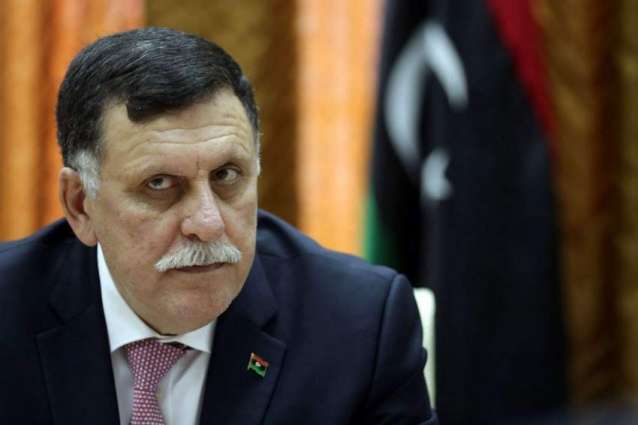The results of Sunday's peace conference on Libya in the German capital of Berlin do not differ much from previous summits, such as those held in Palermo and Rome, and are unlikely to have a positive impact on the North African country, a member of Libya's High Council of State Council told Sputnik on Monday
TRIPOLI (Pakistan Point News / Sputnik - 21st January, 2020) The results of Sunday's peace conference on Libya in the German capital of Berlin do not differ much from previous summits, such as those held in Palermo and Rome, and are unlikely to have a positive impact on the North African country, a member of Libya's High Council of State Council told Sputnik on Monday.
Representatives at the conference in Berlin on Sunday aimed, but failed, to agree a permanent ceasefire. Stakeholders express their commitment to refraining from interfering in Libya's internal affairs, upholding the arms embargo and urged the United Nations to facilitate ceasefire talks between the country's two rival factions - the Government of National Accord (GNA), led by Prime Minister Fayez Sarraj, and the Libyan National Army (LNA), headed by Field Marshal Khalifa Haftar.
According to the High Council of State member, little will change after the Berlin conference because Haftar has still refused to sign a ceasefire deal, and the LNA has foreign backers who will not permit a ceasefire.
"The outcome of the conference in Berlin is unlikely to positively affect the situation in Libya for several reasons," the council member told Sputnik, as Haftar "has not initially signed a ceasefire, and everyone knows that the United Arab Emirates did not allow him to."
According to the council member, Haftar will not disobey advice from Egypt or the United Arab Emirates, therefore any appeals for peace on the basis that it will benefit the Libyan people will not work.
He also expressed doubt that an internationally-monitored ceasefire could have any impact in Libya, given that certain countries that were present at the Berlin conference had themselves supplied weapons to the LNA during the conflict.
After the ouster and assassination of then-Libyan leader Muammar Gaddafi in 2011, the country was plunged into political turmoil. Today, Libya is divided between two centers of power � an elected parliament in the country's east, supported by Haftar's LNA, and the UN-backed GNA in the west.




